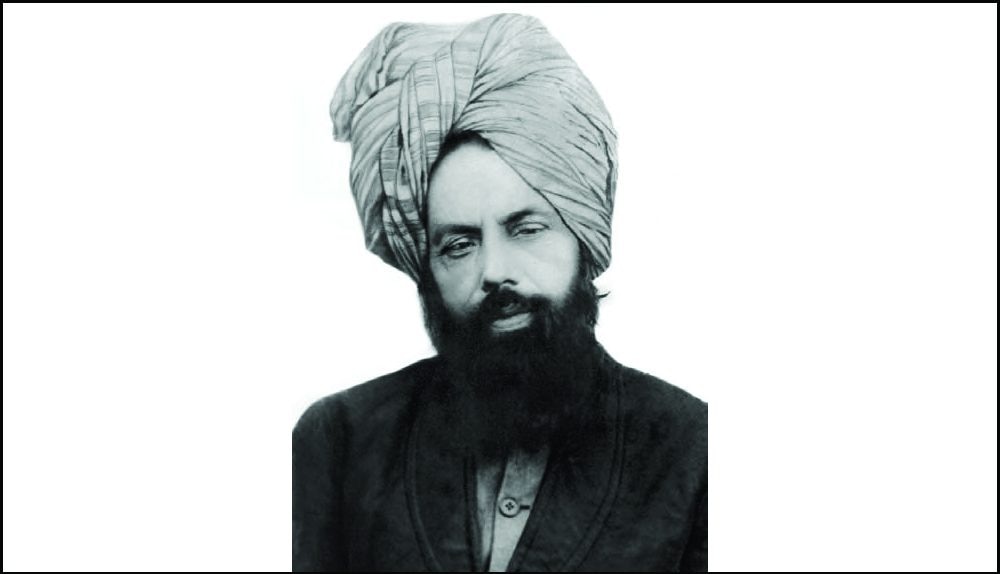
The fact is that human nature is such that it is reformed only by harsh treatment. The Rububiyyat [providence] of Allah the Exalted, desires man’s perfection, and man’s servitude also requires perfection in one way or another. And so, hardships and difficulties are one of the many forms of effecting this.
The prophets, peace be on them all, who are entirely innocent and holy beings, are also subjected to suffering and hardships. They undergo such suffering that if it befell anyone else, they would be unable to bear it. Their enemies emerge from all sides. Some cause suffering through their words, some make plans to cause harm through the authorities of the time, and some incite the people against them. In short, they are made to suffer in every way, and all kinds of restlessness, pain, and anguish come upon them. However, these things do not affect them; like a mountain, they do not move. Can this lead to the conclusion that they are the worst of sinners? Certainly not. If someone thinks like that, what would be more absurd than that?
The issue of the prophets, peace be on them all, nicely solves the problem of children’s suffering. From the standpoint of innocence, consider them as children. These sufferings are for the perfection of servitude and are beneficial for the hereafter. If the situation had been such that the child’s soul would disappear after death, there could be cause for objection, but in the presence of an eternal realm [the hereafter] and lasting relief, why is this question even raised?
Hazrat Mirza Ghulam Ahmad (as), Malfuzat Vol. VII (Tilford, Surrey: Islam International Publications Ltd., 2024) 307-308.



Add Comment